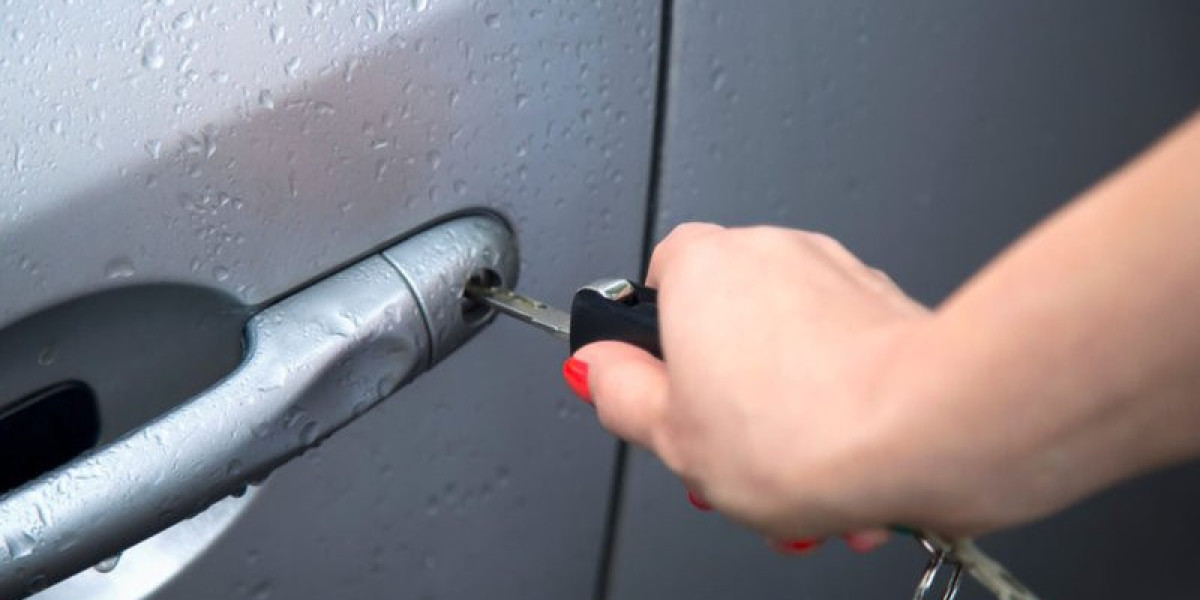Gold bars are a valuable asset, offering financial security and a hedge against inflation. Whether you’re selling for profit or liquidity, making the right choices is essential to getting the best return. However, many sellers make common mistakes that can cost them significantly.
If you're planning to sell gold bars in the UK, understanding what to avoid can save you from undervaluing your investment or falling for scams. Let’s dive into the key mistakes to steer clear of when selling your gold bars.
1. Selling Without Knowing the Market Price
One of the biggest mistakes sellers make is not checking the current gold market price before selling. Gold prices fluctuate daily based on global economic trends, demand, and supply. Selling without checking live market rates can result in accepting a price far below the actual value.
How to Avoid This Mistake
- Use reliable sources like the London Bullion Market Association (LBMA) to track gold prices.
- Compare gold prices over a few weeks to identify trends before making a decision.
2. Choosing the First Buyer Without Researching
Not all gold buyers offer fair prices. Some businesses take advantage of uninformed sellers by offering significantly lower rates or hidden charges.
How to Avoid This Mistake
- Research multiple buyers before making a sale.
- Check online reviews, testimonials, and ratings to verify credibility.
- Prefer trusted gold investment firms over pawn shops or unreliable dealers.
3. Selling Gold in a Rush
Many sellers rush into selling gold bars without considering market conditions or buyer options. Selling in haste can result in lower profits or falling for quick cash scams.
How to Avoid This Mistake
- Be patient and wait for gold prices to peak.
- Get quotes from at least three different buyers.
- Avoid making impulsive decisions under financial pressure.
4. Ignoring the Purity and Weight of Your Gold Bars
Gold bars come with purity and weight markings that significantly impact their value. If you don’t verify these details, you might unknowingly accept a lower price than what your gold is worth.
How to Avoid This Mistake
- Check for the karat rating or fineness (e.g., 999.9 fine gold).
- Weigh your gold bars on a calibrated scale before approaching buyers.
- Ensure your gold has official certification or serial numbers from recognized refiners.
5. Falling for “Cash for Gold” Scams
Some buyers, especially those offering quick cash deals, take advantage of sellers by undervaluing their gold or charging hidden fees. These operations often provide misleading appraisals to pay out much less than the true market value.
How to Avoid This Mistake
- Work with reputable gold dealers, investment firms, or bullion exchanges.
- Avoid buyers who refuse to provide a written breakdown of their pricing.
- Choose payment methods like bank transfers instead of instant cash transactions.
6. Not Considering Tax Implications
While investment-grade gold bars are VAT-exempt in the UK, Capital Gains Tax (CGT) may apply if you make a significant profit from your sale. Many sellers forget to account for this, leading to unexpected tax liabilities.
How to Avoid This Mistake
- Check HMRC guidelines on CGT thresholds for selling gold.
- If selling a large amount, consult a financial advisor to optimize your tax strategy.
7. Overlooking Hidden Fees and Charges
Some gold dealers deduct hidden fees for refining, processing, or testing, reducing your final payout. These costs are often not disclosed upfront, leaving sellers with lower returns.
How to Avoid This Mistake
- Always ask about additional charges before agreeing to a sale.
- Choose a buyer who offers transparent pricing with no hidden deductions.
8. Not Getting a Second Opinion on Price
Relying on just one buyer’s quote can be a costly mistake. Gold prices vary between dealers, and some buyers might try to lowball you.
How to Avoid This Mistake
- Get quotes from multiple gold buyers before deciding.
- If unsure, seek advice from a gold investment expert or dealer with industry credibility.
9. Accepting Payment Without Verifying Security
Selling gold bars involves large sums of money, making secure payment crucial. Some sellers accept payments without verifying their legitimacy, leading to delays, bounced cheques, or even fraud.
How to Avoid This Mistake
- Use secure payment methods like bank transfers or escrow services.
- Avoid transactions with unknown buyers who insist on cash payments only.
10. Not Keeping Proper Documentation
Having proof of ownership and transaction records is essential when selling gold bars. Without proper documentation, you may struggle to justify the sale or face issues with tax authorities.
How to Avoid This Mistake
- Keep receipts, certificates of authenticity, and past purchase records.
- Request a detailed invoice from the buyer, including pricing and transaction details.
Final Thoughts
Selling gold bars can be highly profitable, but only if done correctly. Avoiding these common mistakes ensures you get the best price while keeping the process safe and transparent.
If you're planning to sell gold bars in the UK, taking the right precautions and choosing a trusted buyer will maximize your returns. Don’t rush the process—do your research, compare offers, and make an informed decision for the best outcome.








